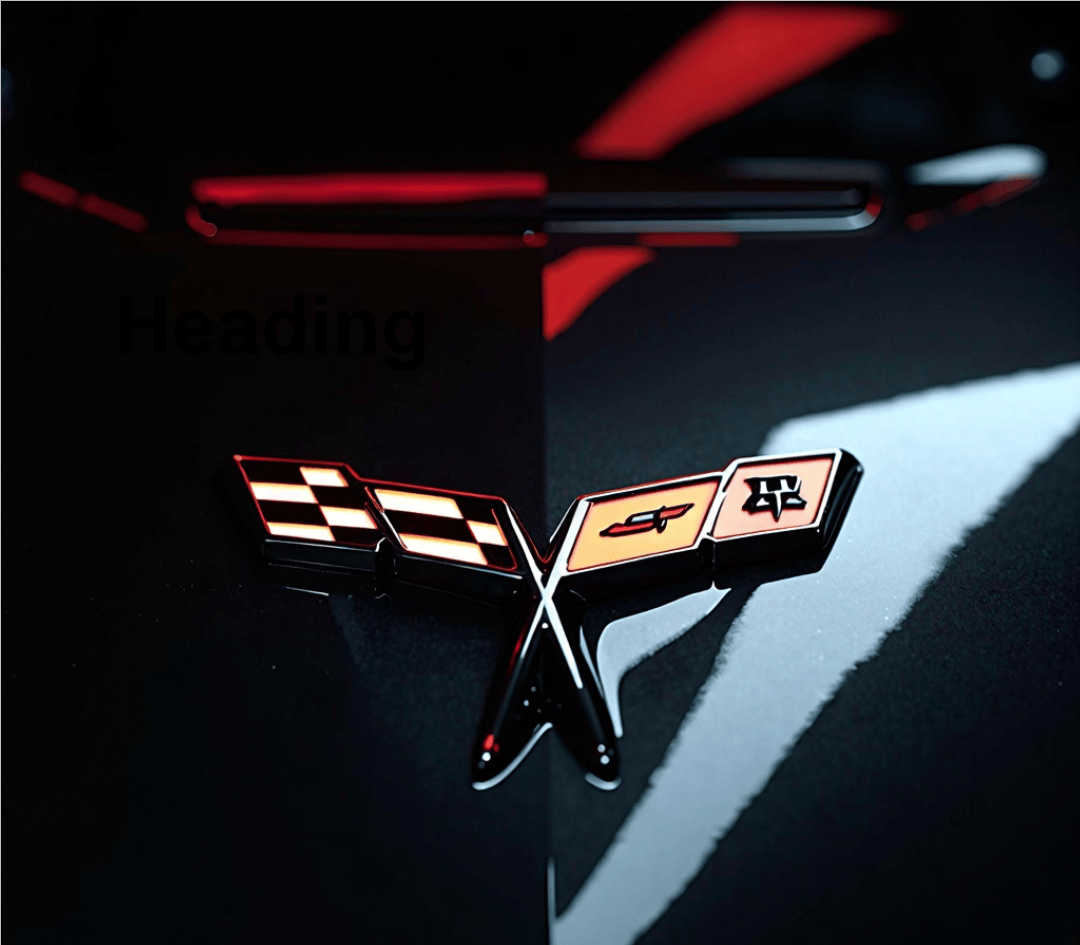
Shifting Gears: The Role of Tradition in American Sports Cars
For decades, the Corvette has stood as a testament to American automotive engineering, embodying the spirit of innovation while honoring tradition. Yet, as car manufacturers pivot towards hybrid technology and electrification, the discourse around the Corvette becomes a lightning rod for controversy. The arrival of the C8 Corvette and the E-Ray have prompted a passionate reaction from traditionalists who fear losing the essence of what makes a Corvette, well, a Corvette.
Why Are Corvette Fans Divided Over Hybrid Technology?
The 2023 launch of the Corvette E-Ray marked a significant shift in Corvette history. This model paired a powerful V8 engine with an electric motor that delivers all-wheel drive capability and impressive performance statistics: 655 horsepower and remarkable acceleration. Despite these attributes, many Corvette enthusiasts balked at the term "hybrid," arguing that it compromises the car's authenticity. The heart of the issue lies in the attachment to the V8. While similar technology has made its way into supercars and other high-performance vehicles, the term "hybrid" has become synonymous with a departure from traditional values in many enthusiasts' minds.
Electric vs. Traditional: What the Future Holds for Performance Cars
The automotive industry is seeing a rapid transformation, with electric vehicles (EVs) increasingly taking the spotlight. Major brands are committed to electrification, shaping a future where combustion engines may be relegated to the past. Last December, General Motors announced plans to make its entire lineup electric by 2035, a commitment that includes the Corvette. While the allure of electrification opens doors for increased efficiency and performance, it also raises questions about the future identity of iconic models like the Corvette.
The Great Debate: Tradition vs. Innovation
Corvette traditionalists feel a deep-rooted connection to the brand's legacy. For many, driving a Corvette fuels an experience defined by power, speed, and the unmistakable growl of a V8 engine. As the automotive landscape evolves, the challenge lies in balancing innovation with the spirit of the past. Fans are left to ponder: is it possible to embrace the benefits of hybrid technology and retain the soul of a Corvette? Exploring perspectives from both sides can lead to a richer understanding of the Corvette’s place in a hybrid future.
Performance Insights: Understanding the E-Ray's Appeal
The E-Ray's design hinges on versatility, aiming to capture both the driving purist and the eco-conscious consumer. With its hybrid system, it not only boasts remarkable performance in various weather conditions but does so with a level of usability that traditional models may lack. Critics argue that this approach dilutes the essence of Corvette, while others highlight the opportunity for broader market appeal, potentially attracting a new generation of buyers. This blend of performance and practicality could redefine what we expect from a sports car.
Conclusion: Embracing Change or Resisting Tradition?
The conversation surrounding the Corvette and its evolution reflects broader trends in the automotive industry. As electrification becomes more commonplace, enthusiasts must navigate their love for tradition with the embrace of innovation. While it is natural to hold onto the past, the success of the Corvette may depend on its willingness to adapt. As the debate unfolds, car enthusiasts should consider engaging with local Chevrolet Corvette dealers to explore what's next for this iconic vehicle. By understanding the technical advancements and marketing strategies, aficionados can actively participate in shaping the future of the Corvette culture.
 Add Row
Add Row  Add
Add 




Write A Comment